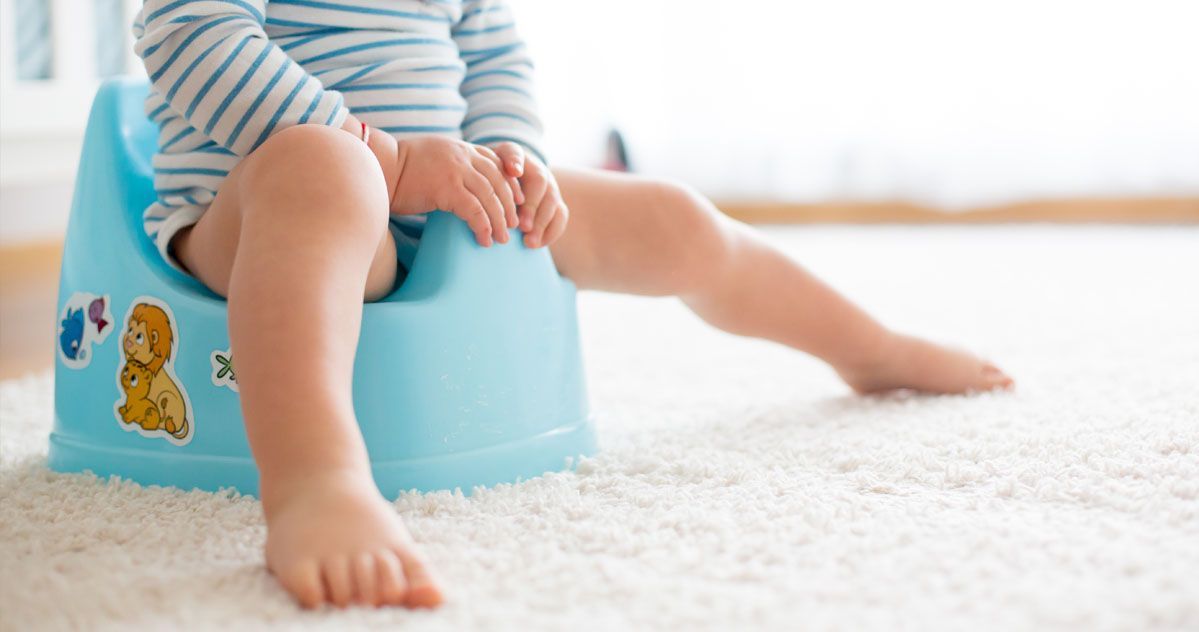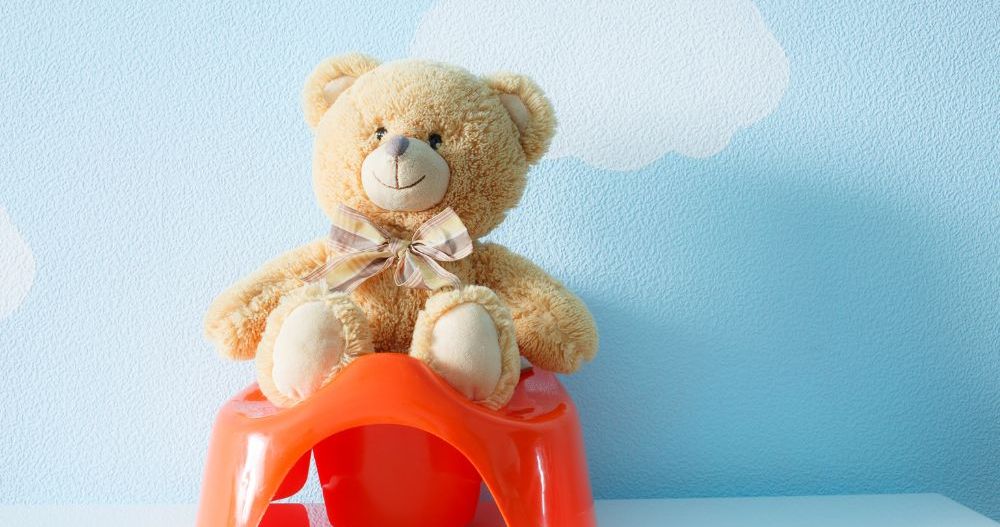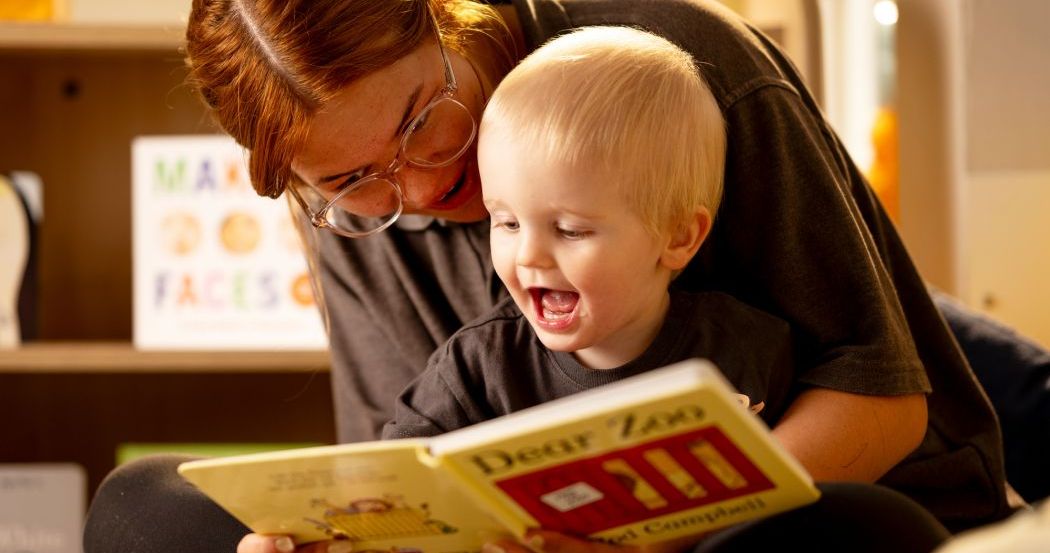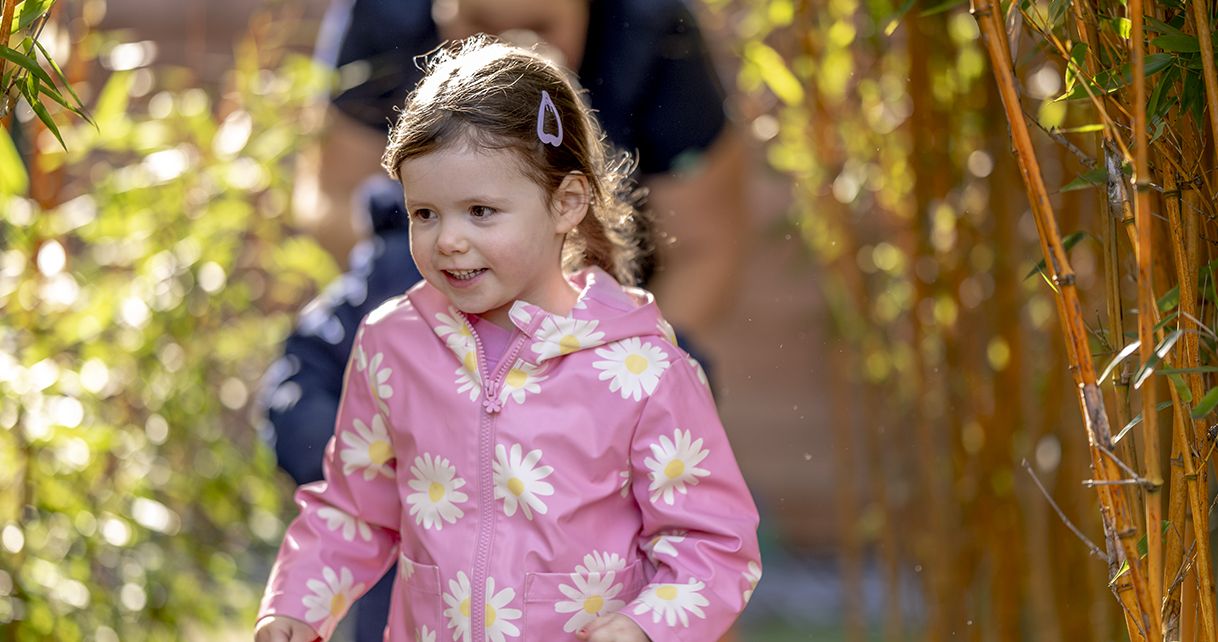min read
min read
min read
min read
Talking to your children about death and grief can feel difficult and we understand that. In most situations, a child will be close to or have known the person who has died, but how do you speak to them about the death of someone they never met, particularly someone who was such a figure in public life for so long?
With the sad news of the Queen’s death Busy Bees and its charity partner, Child Bereavement UK are offering some approaches you can take when talking about her death with your children.
1) Everyone has their own way
The way you talk to your child about the death of the Queen will be influenced by your knowledge of what is appropriate to their age and understanding, and also your family’s culture, beliefs and faith if you have one.
There is no right or wrong way because you know your child best and will understand what works when discussing more important and serious topics. However you want to tell them is your decision.
2) Let them ask questions
With so much in the media surrounding the Queen’s death and funeral, your child may have questions and concerns around which may feel difficult to answer. Try to answer your child’s questions openly and honestly using age-appropriate language. It is OK if you don’t have an answer to a question straightaway but reassure them that you will come back to them if you find an answer.
3) Express Feelings
Each child is unique and will experience things differently. It’s important to show them how to process emotions in a healthy way that makes the most sense to them.
Painting or drawing emotions can help a child express their feelings if they aren’t sure how to vocalise them. Or, if they are tense and anxious, look for ways to reduce that by encouraging activities such as playing tag in the garden, running or dancing. Reading a story together is also a great way to introduce the subject of grief and help your child cope with loss.
Doing something creative can be a good way of helping a child express their feelings and concerns. Why not ask them to draw or colour a picture of the Queen, perhaps with her corgis?
4) Show your own emotions
If you’re upset about the death of the Queen, it’s OK to let your child see that you are sad. They may also see people on television who are emotional - some may be tearful. Explain that some people are sad because they are thinking about their memories of The Queen or about other people who were important to them who have died. Let them know that it’s OK if they get upset. Equally, if your child is not feeling upset, then tell them that that is OK too.
5) Talk openly
When supporting children, it’s important to answer questions honestly, but keep explanations short, clear, and appropriate for their age and understanding. Use simple words appropriate for the child’s age and understanding. It is important to use real words such as ‘dead’ and ‘died.’ Euphemisms including ‘lost’ or ‘gone to sleep’ may seem kinder, but for a child can cause confusion.
At your Busy Bees nursery, your child may ask questions about the Queen and what has been happening in the media. We will, of course, handle this with the utmost care and pay attention to how your child is reacting. You can find out more about talking to your child about bereavement at www.upatbusybees.co.uk/supporting-with-grief/ or www.childbereavementuk.org/.
by
Published: 14/11/2022
Share Blog

by Busy Bees 27/02/2026
5 min read

by Busy Bees 27/02/2026
6 min read

by Busy Bees 24/02/2026
7 min read

by Busy Bees 23/02/2026
5 min read

by Busy Bees 19/02/2026
9 min read